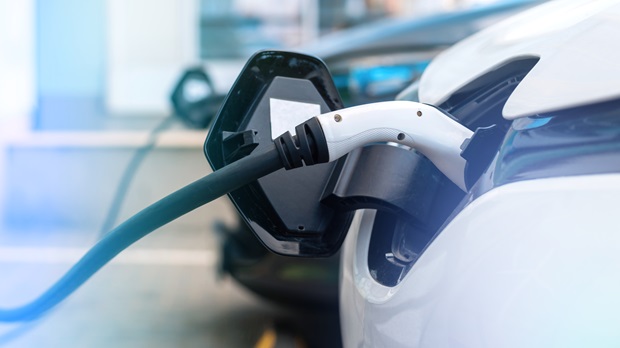Nissan and Mitsubishi Corporation recently collaborated to explore new business in next-generation-mobility and energy-related services utilizing electric vehicle (EVs).
Nissan Motor Co., Ltd. (Nissan) and Mitsubishi Corporation (MC) signed a memorandum of understanding to explore a new joint initiative in next-generation-mobility and energy-related services utilizing electric vehicles (EVs) to contribute to solving regional societal issues and to creating vibrant future communities.
Japan has been addressing issues such as driver shortages due to a declining population, and difficulties maintaining public transportation services due to decreasing numbers of users. Nissan and MC have also undertaken various initiatives to solve these challenges.
Nissan’s initiatives included mobility services in Namie Town, Fukushima Prefecture, and autonomous driving tests in the Yokohama Minato Mirai district to achieve free movement for more people. Additionally, Nissan plans to develop energy management systems by utilizing EV battery storage and charging/discharging functions in combination with renewable energy.
MC, in collaboration with local governments, have addressed social and industrial challenges. They undertook initiatives with a focus on utilizing regional energy resources including renewable energy, achieving carbon neutrality, and creating attractive communities by solving local issues. In the mobility sector, MC has expanded measures to improve transportation challenges through the implementation of AI on-demand transportation for local governments and private companies, including Shiojiri City in Nagano Prefecture, and conducting autonomous driving demonstrations using digital solutions.
Regional societal issues are expected to become more challenging. Some of these include an increase in people facing transportation barriers, a decrease in essential services, weakened community ties, and the need for disaster preparedness.
Nissan and MC recognized the need to construct new technologies and service models to solve these region-specific challenges and revitalize communities. To achieve this and contribute to society, they signed a memorandum of understanding (MoU) to co-create sustainable business models. Leveraging their respective expertise and knowledge, both companies aim to jointly commercialize next-generation mobility services and energy-related services utilizing EVs, starting in Japan.
Makoto Uchida, Nissan’s president and chief executive officer (CEO) said, “Through exciting vehicles and technologies, Nissan is building a smart ecosystem that expands both the possibilities of mobility for people and the potential of society. We want to help solve regional issues and create future-centered cities through new mobility services and energy management. MC shares our motivation, and together we will study a robust and sustainable business model.”
Katsuya Nakanishi, Mitsubishi Corporation president and CEO said: “As the mobility sector undergoes significant transformation due to technological innovation and decarbonization, MC, through its EX-DX integrated approach outlined in its mid-term management strategy, MC Shared Value 2024, aims to work with Nissan to explore the creation of sustainable business models that address Japan’s societal challenges.”

